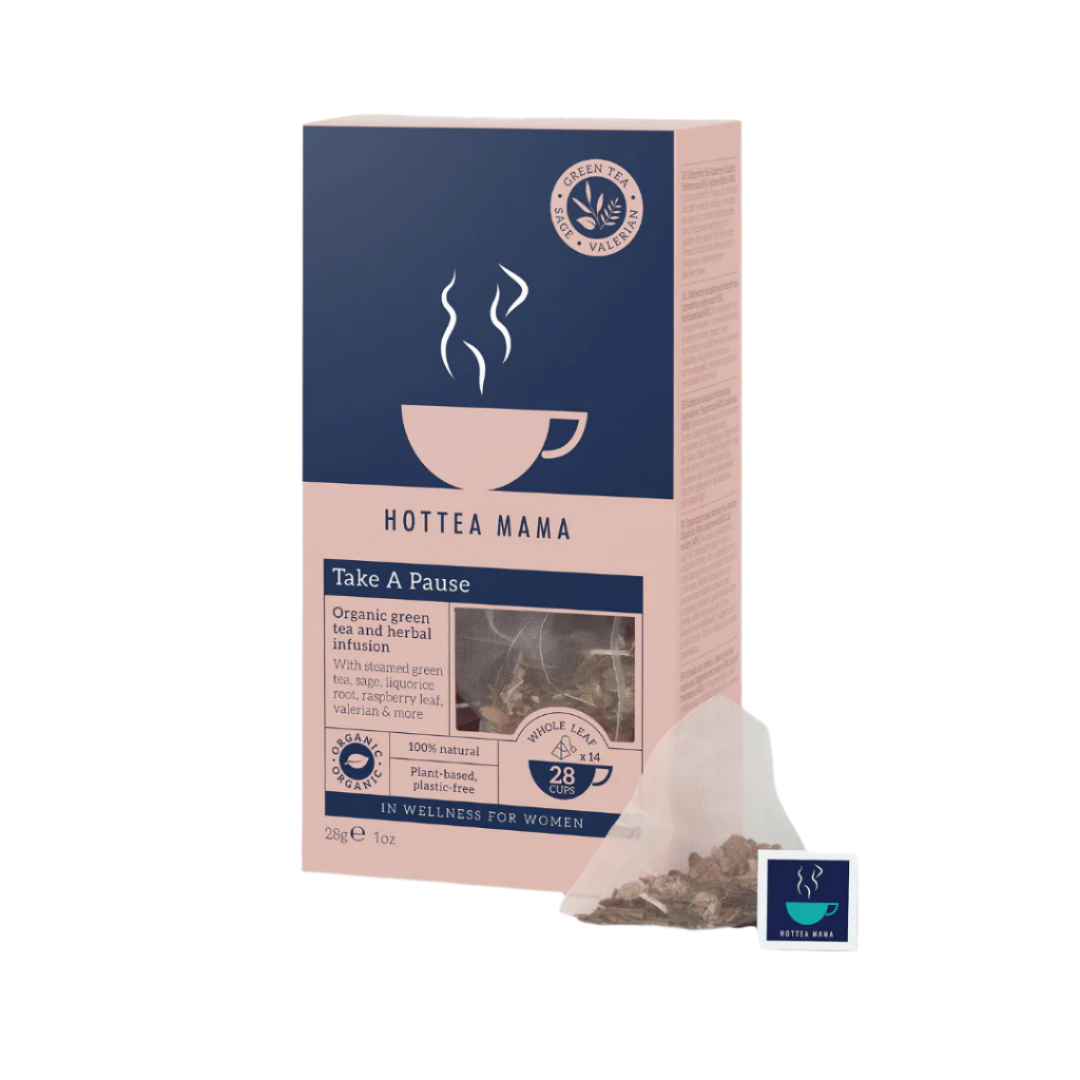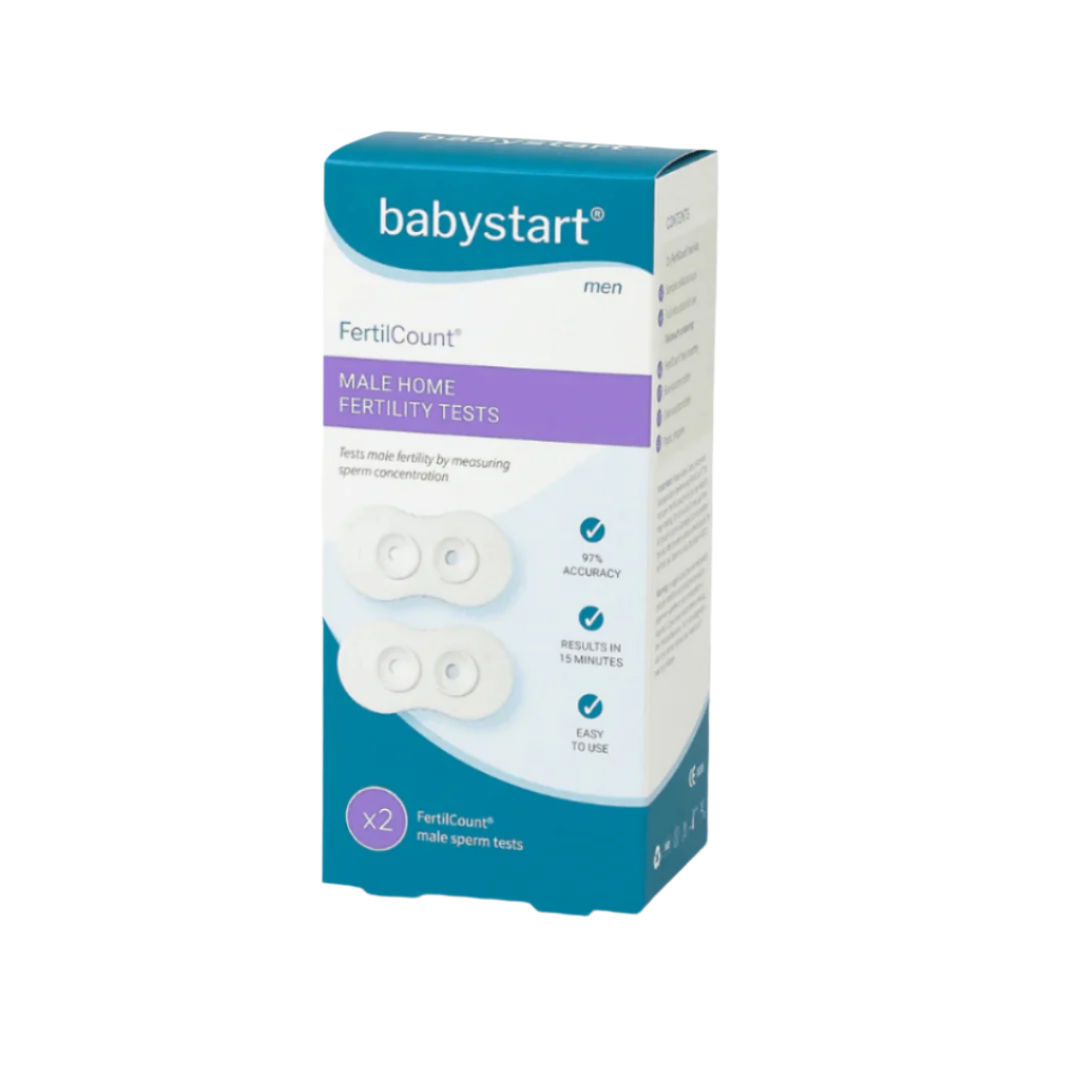January can be a challenging month for many. The festive cheer has faded, the days are short and dark, and the cold weather often keeps us indoors. It's no wonder that feelings of fatigue, low mood, and lack of motivation—sometimes referred to as the "January blues"—are so common.
But did you know that one simple nutrient might play a significant role in lifting your spirits? Vitamin D, often called the "sunshine vitamin," is essential for physical and mental well-being, and its deficiency during the winter months could be a key factor in why you’re feeling low. Let’s dive into the connection between Vitamin D and mood and how you can harness its power to feel better this January.
Why Do We Feel Low in January?
The January blues aren’t just in your head—they’re rooted in real, physiological and psychological changes. At least 40% of all adults in the UK are Vitamin D deficient[1].
- Lack of Sunlight: Short days and long nights mean reduced exposure to natural sunlight, a key source of Vitamin D.
- Post-Holiday Crash: After the excitement of the holidays, returning to normal routines can feel anticlimactic.
- Seasonal Affective Disorder (SAD): For some, the lack of sunlight can lead to a more severe condition that affects mood, energy levels, and motivation.
What Is Vitamin D?
Vitamin D is a fat-soluble vitamin that plays a crucial role in numerous bodily functions. It’s essential for:
- Bone Health: Vitamin D helps the body absorb calcium, maintaining strong bones and preventing conditions like osteoporosis.
- Immune Function: It supports your immune system, helping to fight off infections.
- Mood Regulation: Vitamin D influences the production of serotonin, a neurotransmitter that affects mood and well-being.
The Link Between Vitamin D and Mood
Research has shown that low levels of Vitamin D are associated with increased feelings of depression, fatigue, and anxiety. Here’s why:
- Serotonin Boost: Sunlight stimulates the production of serotonin. Without sufficient sunlight, serotonin levels can drop, leading to low mood.
- Brain Health: Vitamin D receptors are found in areas of the brain linked to mood regulation, suggesting its vital role in mental health.
- Seasonal Changes: During winter, reduced sunlight exposure often leads to Vitamin D deficiency, exacerbating feelings of sadness and lethargy.
Signs You Might Be Low on Vitamin D
Feeling tired and down isn’t the only sign of a Vitamin D deficiency. Here are some common symptoms to watch for:
- Persistent fatigue
- Low mood or feelings of depression
- Weakness or muscle aches
- Frequent illnesses
- Hair thinning or loss
If you suspect a deficiency, consult your healthcare provider for a blood test.
How to Boost Your Vitamin D Levels in January
Soak Up the Sun
Even in winter, stepping outside on bright days can help. Aim for 10-30 minutes of sunlight exposure, especially around midday when the sun is strongest.
Include Vitamin D-Rich Foods
Add these foods to your diet for a natural Vitamin D boost:
- Fatty fish (salmon, mackerel, tuna)
- Egg yolks
- Fortified foods (milk, cereals, orange juice)
- Mushrooms exposed to UV light
Take Supplements
For many, dietary intake and sunlight aren’t enough in winter. Vitamin D supplements can help bridge the gap. Look for Vitamin D3, the most effective form, and follow your doctor’s dosage recommendations.
Use a Light Therapy Lamp
A light therapy lamp mimics natural sunlight and can help combat the effects of seasonal darkness. It’s particularly beneficial for those with Seasonal Affective Disorder (SAD).
Stay Active
Exercise, especially outdoors, can improve mood and energy levels. Pairing physical activity with sunlight exposure is a win-win for beating the January blues.
The Long-Term Benefits of Vitamin D
Addressing Vitamin D deficiency isn’t just about feeling better this January—it’s about supporting your overall health. Sufficient Vitamin D levels can improve:
- Energy levels
- Bone strength
- Immune response
- Cognitive function
Shop Vitamin D
Final Thoughts: Brighten Up Your January
If you’re feeling low this January, you’re not alone. The combination of darker days, colder weather, and post-holiday fatigue can weigh heavily. But by understanding the role of Vitamin D and taking proactive steps to boost your levels, you can regain your energy, lift your mood, and set a positive tone for the year ahead.
Remember, small actions—like spending time outside, eating Vitamin D-rich foods, or incorporating a supplement into your routine—can make a big difference. Let’s make this January about self-care, nourishment, and embracing the brighter days to come.
[1] https://cks.nice.org.uk/topics/vitamin-d-deficiency-in-adults/background-information/prevalence/









